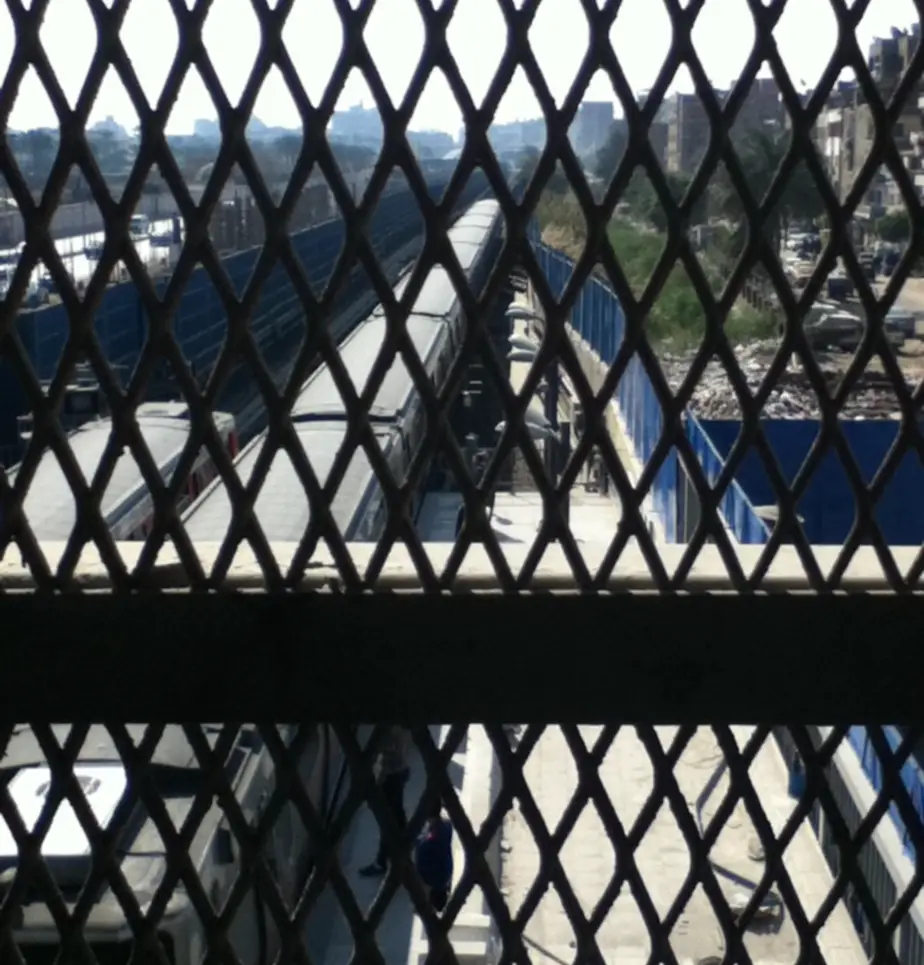It’s five years until the World Expo 2020 takes place in Dubai, and a lot of changes are going to take place in that time. But is the economic powerhouse of the United Arab Emirates prepared for these changes, and does the city have the right talent to bring them about in an effective and sustainable way?
The most pressing matter is constructing the venue, which is equidistant between Abu Dhabi and Dubai. The 438-hectare area will have a site capacity of 300,000, be serviced by three international airports along with a world-class road and transport system while promoting sustainability through both solar technology and a neutral water balance. But when the event finishes, what will happen to the venue, infrastructure and surrounding area?
One of the overriding strategies for Expo 2020 Dubai is to integrate its legacy with a wider master plan, something which city planners have been concerned about for quite some time.
Rising population
Before Expo 2020 Dubai takes place, city officials are preparing for a population surge, which could see the number of people living in the emirate increase by around 1.2 million – a rise of more than 50 per cent.
Even though this is higher than Abdullah Rafia, assistant director general of planning and engineering at Dubai Municipality would want, he insists that contingency plans are in place to deal with future economic and infrastructure challenges.
“We wished we had the slow-growth scenario,” he told 7DAYS in Dubai. “Unfortunately what I am seeing is the high-growth scenario.
“We have a plan and we are prepared to cope with any scenario, even up to a 9.5 million population. The most important thing in the plan is that it is flexible – we keep looking at the forecasts and develop policies and measures as we get along.”
2020 master plan
To prepare for growth, the Dubai government created a committee in 2010 consisting of the Dubai Municipality, the Roads and Transport Authority, Dubai Electricity and Water Authority, Dubai Civil Aviation, Land Department and Dubai Maritime City, to come up with a master plan for the city come 2020. Three growth scenarios were forecasted, but Dubai is on course for high rather than medium or low.
The reason for such rapid growth is party down to an influx of residents from the Arab spring, but the Dubai Expo 2020 is also responsible, as it will no doubt bring about more jobs.
Urbanism education and career opportunities in the UAE
With more people arriving, the need for additional housing, jobs, infrastructure, resources and utilities are required. Therefore, education and career opportunities are ripe for architects, construction professionals and perhaps above all else, urban planners.
Urban planners wanting to pursue a possible career in the UAE may need to undergo further training to learn about local laws and building regulations. Thankfully, there are some world-class universities in Dubai offering Master of Urban Planning degrees. Urban planners can also benefit from tax-free salary packages in Dubai or Abu Dhabi, with the average monthly pay packet for an expat in the UAE being $10,904.
Whether officials like it or not, the UAE will no doubt experience tremendous growth in the next five years. But with contingency plans in place and an influx of eager expats looking to expand their knowledge and work towards building a better city, it seems like the city is on course to execute the Dubai 2020 master plan successfully.
Image: Olgaozik


